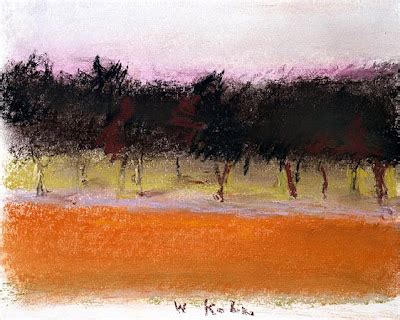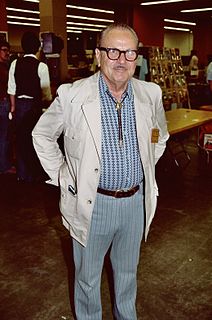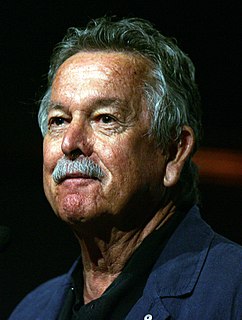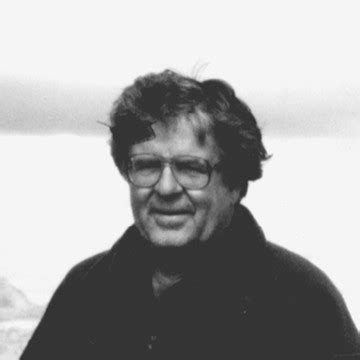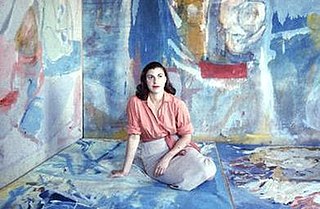A Quote by Wolf Kahn
There are many prejudices about art, and first among them is that it is a skill and that there are definite rules.
Related Quotes
There are comedic rules and formulae and, while these tenets should be respected, especially by a newcomer, perversely you can still succeed by openly contradicting them. Because comedy is about breaking the rules. Even its own rules. Though, as with many disciplines, it is wise to master the basics before you attempt to subvert them.
Many of our students want to do what they have done and that has made them successful thus far in their lives: play by the rules, and do what is expected. But as much social science research and writing by Malcolm Gladwell, among others, make clear, the rules are mostly created by those already in power so obtaining power often entails standing out and breaking rules and social conventions.
There are so many rules in the art world. I don't like rules and I break them all the time. I don't care if people think I'm overexposed. What I care about is if I'm going to run out of energy. Overexposure is only a problem if you are drained of energy and cannot come up with new ideas. Every artist has to recognize that and know when to stop for a moment.
In the times in which we live it is far too restricting to say that art can only be found in art galleries and not touch people's everyday lives. I want to use any means that are necessary to communicate with people what I feel about things. There are no rules. And if there are rules, then you may as well break them.
I used to think that when I grew up there wouldn't be so many rules. Back in elementary school there were rules about what entrance you used in the morning, what door you used going home, when you could talk in the library, how many paper towels you could use in the rest room, and how many drinks of water you could get during recess. And there was always somebody watching to make sure. What I'm finding out about growing older is that there are just as many rules about lots of things, but there's nobody watching.
Many are the noble words in which poets speak concerning the actions of men; but like yourself when speaking about Homer, they do not speak of them by any rules of art: they are simply inspired to utter that to which the Muse impels them, and that only; and when inspired, one of them will make dithyrambs, another hymns of praise, another choral strains, another epic or iambic verses- and he who is good at one is not good any other kind of verse: for not by art does the poet sing, but by power divine.
